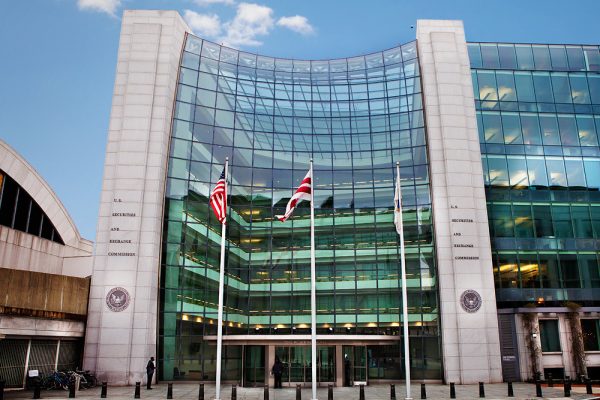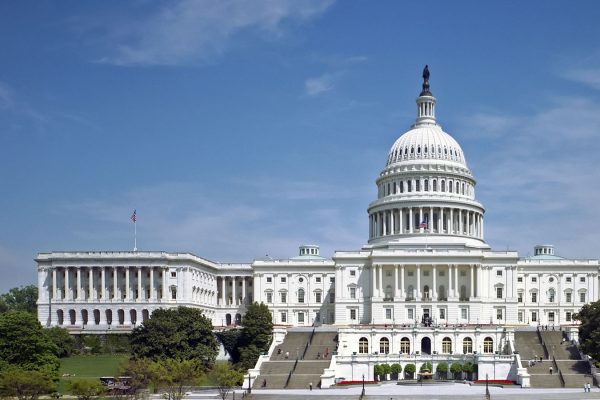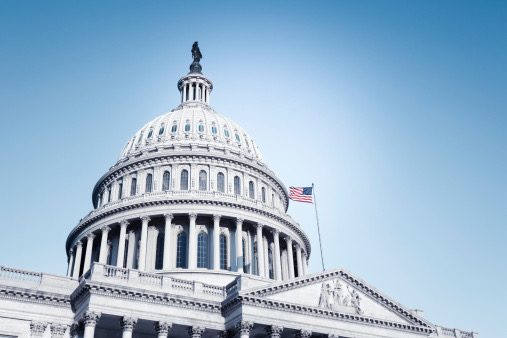In The News: This New Biden Rule Will Save Americans $2 Billion On Utility Bills (Huffington Post)
Doing so would “decrease burdensome energy costs for future homeowners and renters, which in turn may help lower default risks and loan delinquency rates, and set forth a path to stabilize our shaky housing financial system,” said Jessica Garcia, senior policy analyst for climate finance at Americans for Financial Reform Education Fund. “Implementing up-to-date energy codes will help ease the financial strain on homeowners and renters across the country as they fight to remain housed,” Garcia said. “We are encouraged by HUD’s decision, and urge the Federal Housing Finance Agency to follow suit and swiftly adopt the latest energy efficiency codes.”










